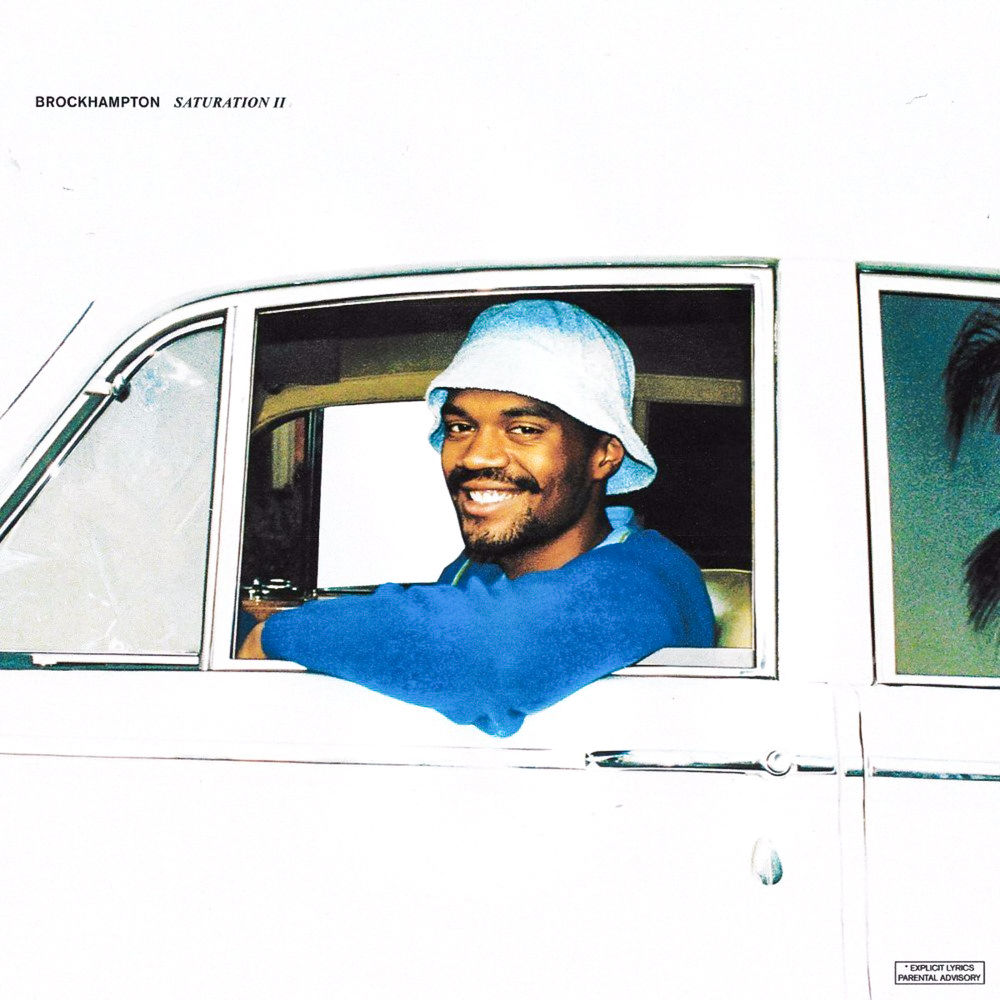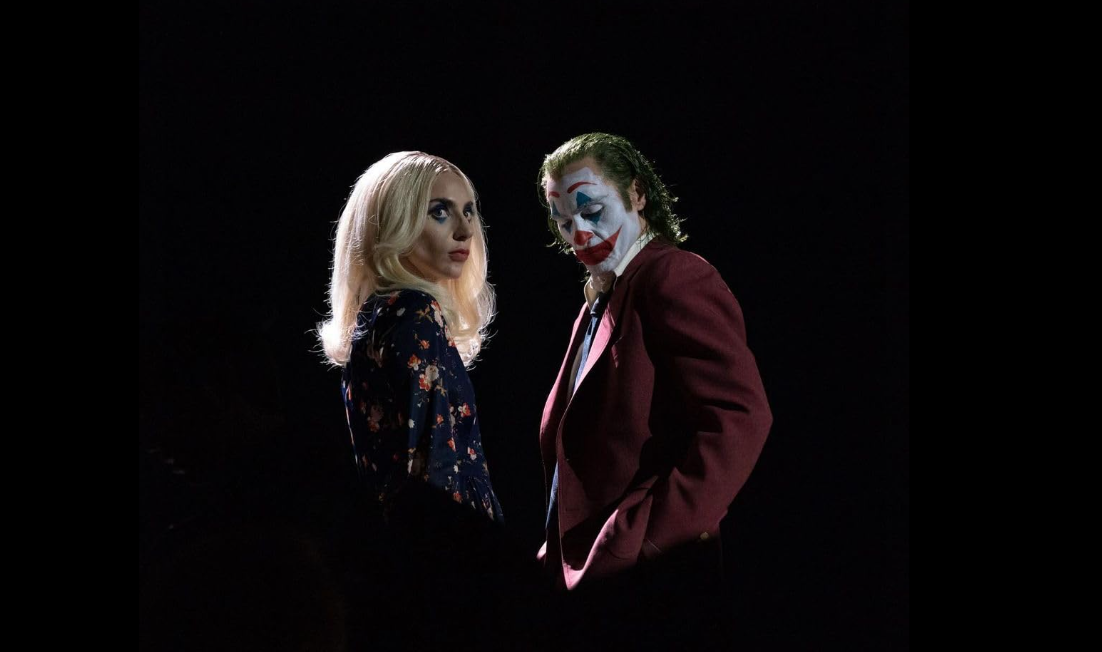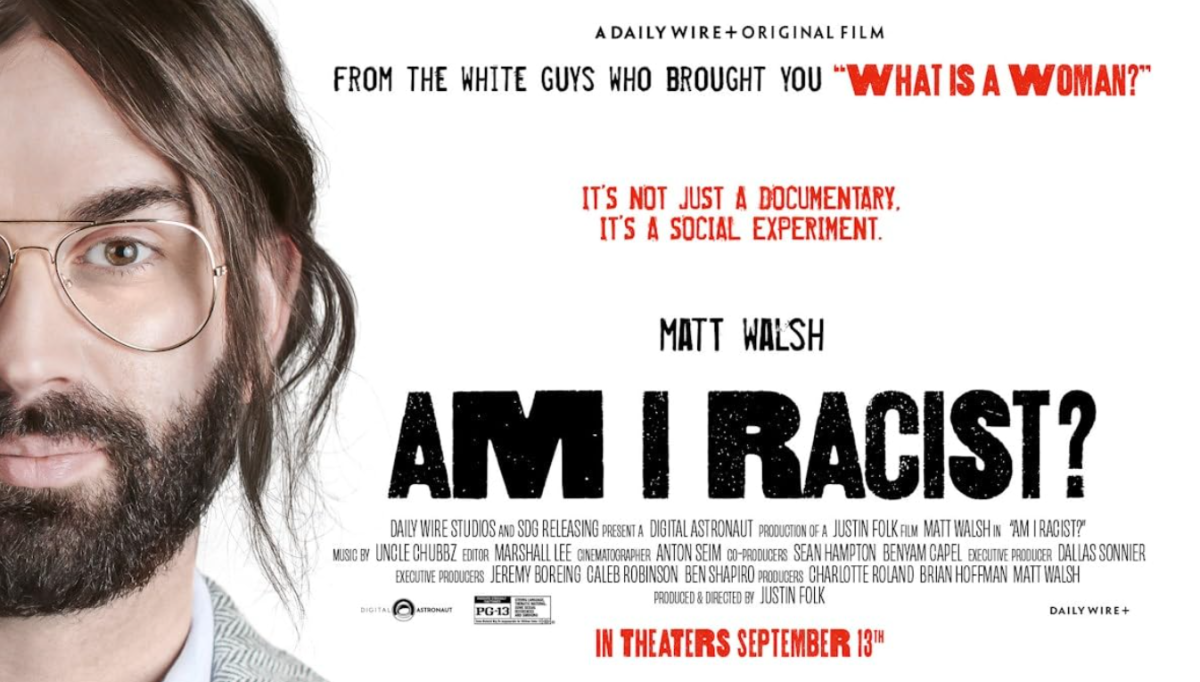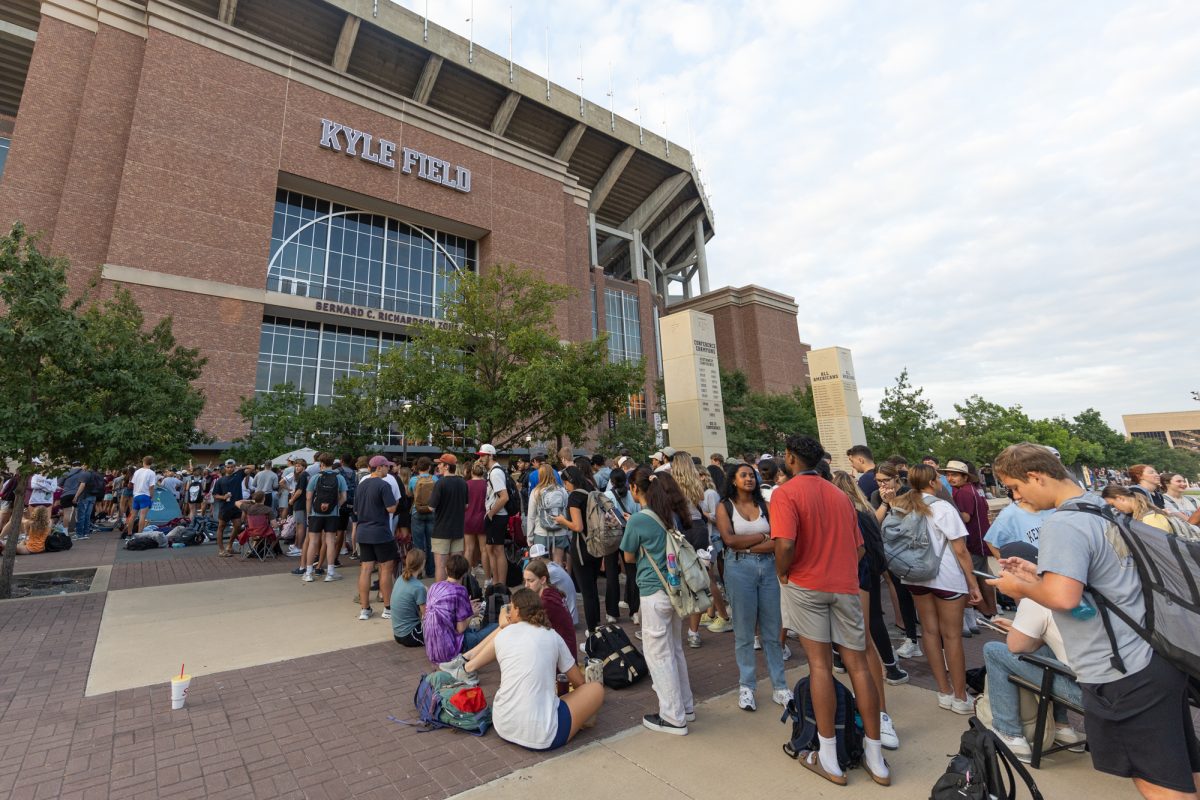Ameer Vann rose to prominence in 2015 as a member of alternative hip-hop collective Brockhampton. After several years of relative obscurity, the group released a trilogy of fresh-thinking, boundary-pushing and deeply expressive albums in 2017 and exploded in popularity. With this success came a promotion from niche status to a massive cult following full of fans who felt a personal connection to the vulnerability and transparency expressed in the group’s lyrics.
Perhaps it was this uniquely personal connection between artist and listener that made Vann’s excision from the group such a gut-punch. In May 2018, two women accused him of sexually violating their level of consent multiple times across the span of their brief relationship. Later that month, Brockhampton stated on their Instagram account that left no words minced in saying that Ameer Vann would no longer be a member. Reasons cited were vague but incendiary, as it stated that Vann had lied to the other members of the group.
Vann’s departure held a particular weight at this juncture, off the cusp of the third and final Saturation album. After all, Vann was literally the face of Brockhampton; his picture featured on the cover art of all three records. His aggressive vocals and violent lyrics played a satisfying foil to the otherwise emotionally intimate and heartfelt tones of his former bandmates. The stylistic vacuum his removal left is felt profoundly on the two Brockhampton albums released after his departure. Their fanbase, once relatively docile and united, fractured into taking sides on every nuance of the issue. Many agreed that assuming the allegations were true, removal from the group was more than appropriate. Others remained loyal to Vann in hopes that he would eventually release more material.
For nearly two years after Vann split from the group, he remained silent. His social media was taken down and he released nothing but a few short statements in response to the allegations made against him. From an outsider’s perspective, he had been all but chased out of the limelight and back into obscurity.
However, in September 2019 Vann released a new collection of tracks onto all major platforms under his own name, entitled “Emmanuel.” At just 16 minutes and 36 seconds, the project teases more than it indulges, but the listener is certainly not left unsatisfied. Vann explores themes of violence, depression and perhaps even shades of regret as he raps over crisply produced trap instrumentals. The tracks he lays down are, however, notably less zany and artistic than the colorful beats featured heavily in the Brockhampton discography. Regardless of Vann’s now-checkered history, the EP demands the kind of attention that he will need to establish himself as a solo artist.
Certainly there are pockets of the Brockhampton fanbase that will denounce Vann in light of his behavior, but there is an equal and opposite faction that will insist upon the separation of the artist and the art. The validity of either argument depends entirely on the content of his music. Much of Brockhampton’s appeal is the deeply interpersonal themes they make art out of — whether it be racial themes, social conundrums or LGBT experiences.
Should Vann adapt this to his solo career, one could reasonably question the value of his perspective, given his irresponsible and abusive actions. After all, the allegations leveled against him are not petty or isolated. On the other hand, if Vann continues to make violent, vapid trap music, there is little moral ground to separate him from those currently topping the charts in hip hop music.
An explosive resurfacing of controversial ex-Brockhampton rapper
October 6, 2019
Photo by Creative Commons
Ameer Vann is a rapper from the alternative hip-hop collective Brockhampton.
0
Donate to The Battalion
Your donation will support the student journalists of Texas A&M University - College Station. Your contribution will allow us to purchase equipment and cover our annual website hosting costs.
More to Discover















